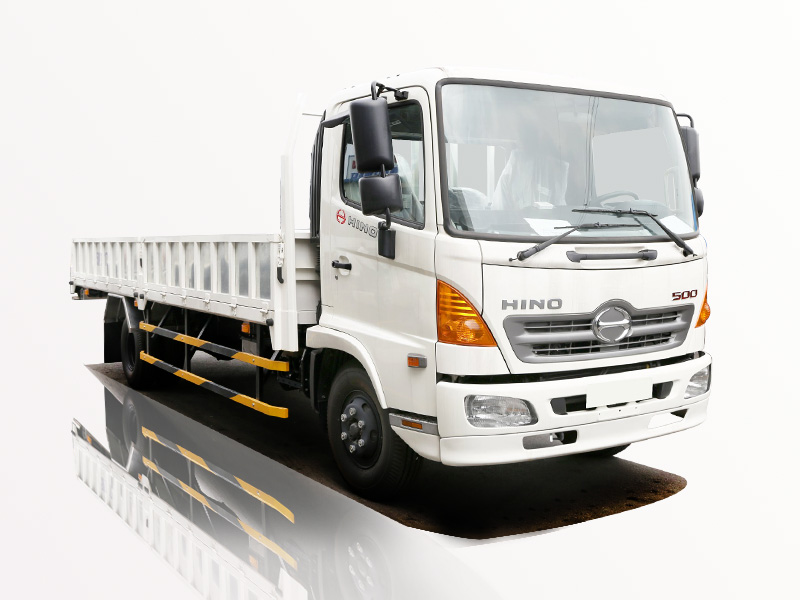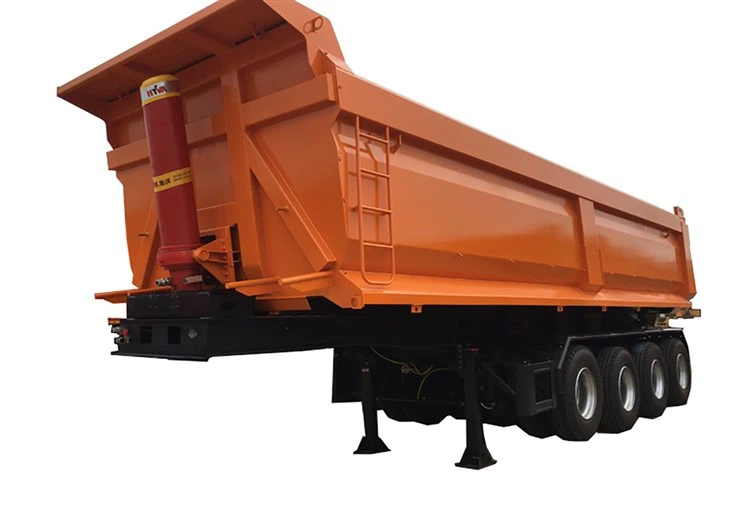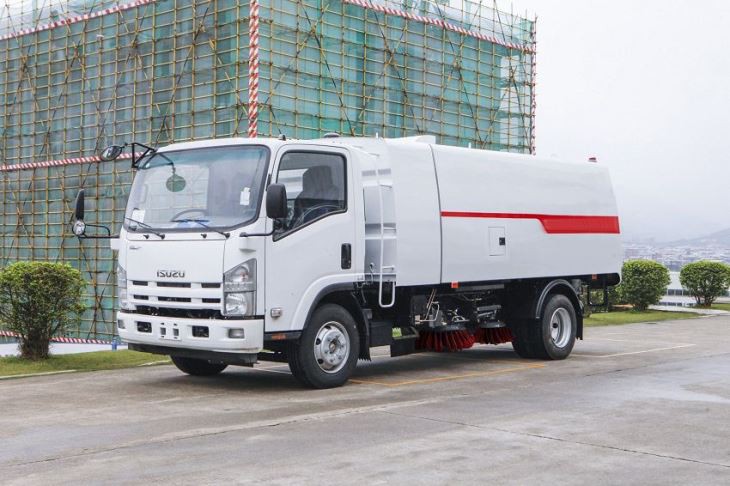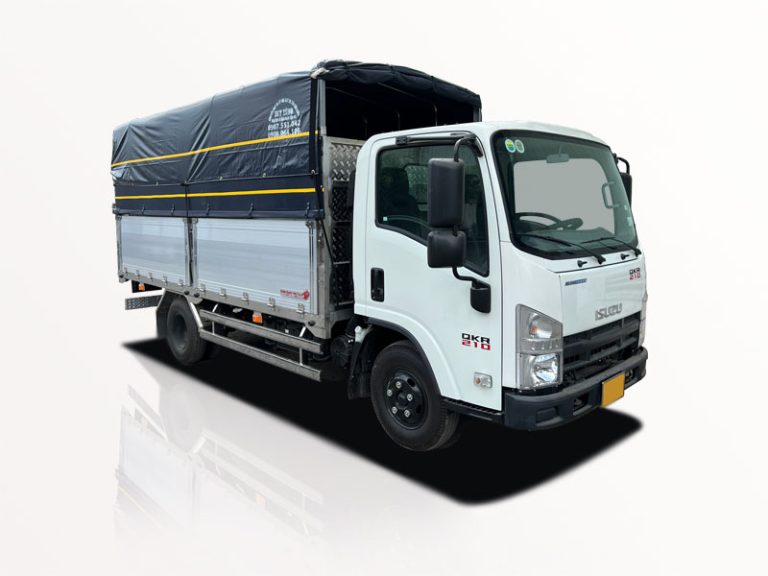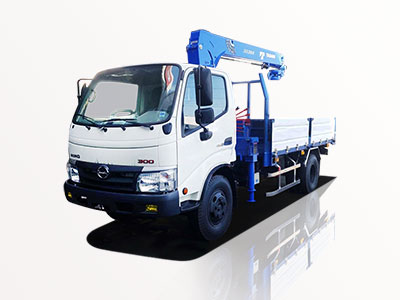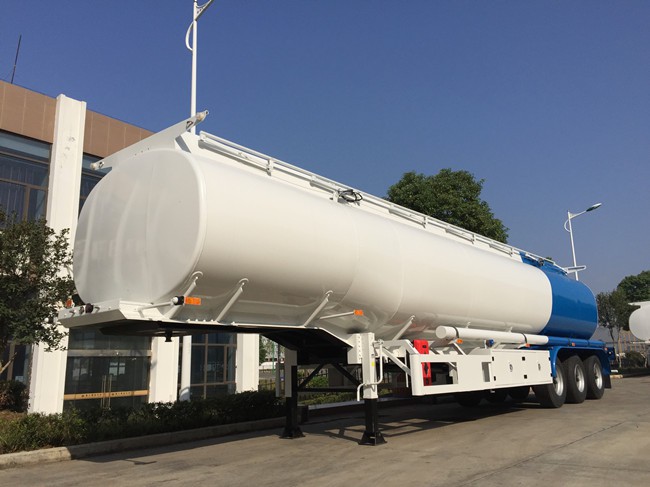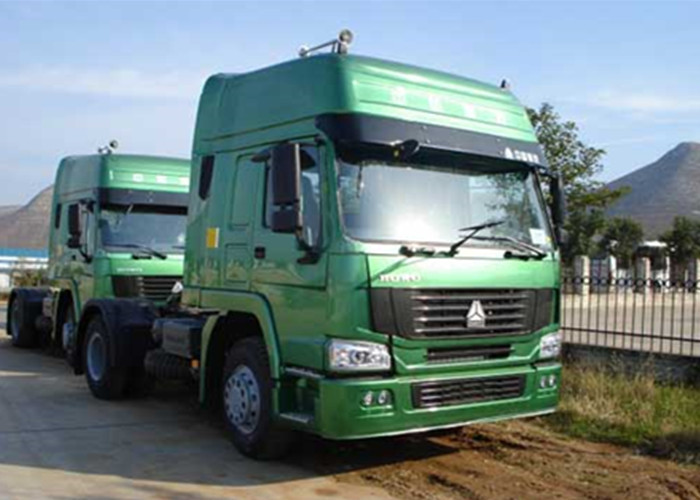Georgia is called the Peach State for a reason, and while its peaches are sweet, the issue of trash can sometimes feel sour. In this article, we delve deep into the concept of “Peach State Trash,” exploring waste management practices, recycling strategies, and how residents can contribute to a cleaner Georgia. Whether you’re a long-time resident or just passing through, understanding waste management will help keep our beautiful state shining bright.
Introduction to Peach State Trash
Waste management in Georgia encompasses a broad range of practices aimed at maintaining cleanliness, promoting recycling, and encouraging sustainable waste disposal. As Georgia continues to grow, so does the challenge of managing waste effectively. In this section, we will discuss the importance of proper waste management in preserving the Peach State’s natural beauty and provide an overview of the current trash management strategies employed across the state.
The Waste Management Hierarchy
Understanding Waste Management
Waste management refers to the collection, transportation, processing, and disposal of waste materials. The goal is to minimize waste and reduce environmental impact. In Georgia, waste management follows a structured hierarchy:
- Reduction – Reducing waste at the source.
- Reuse – Finding ways to reuse materials.
- Recycling – Processing materials for reuse.
- Composting – Turning organic waste into compost.
- Disposal – Safe disposal of hazardous or non-recyclable waste.
Importance of Following the Hierarchy
By prioritizing reduction and reuse, we can significantly decrease the volume of waste produced, which ultimately leads to less waste needing to be recycled or disposed of. Each step in this hierarchy is essential for minimizing the Peach State’s environmental impact.
Georgia’s Recycling Programs
Statewide Initiatives
Georgia has implemented several statewide recycling initiatives aimed at increasing recycling rates and reducing landfill waste. Key programs include:
- The Georgia Recycling Coalition – A member-driven organization focused on promoting recycling across the state.
- Keep Georgia Beautiful – Engages volunteers in cleanup and education efforts about recycling.
- Local Government Programs – Many counties have specific recycling guidelines to help residents recycle effectively.
Best Practices for Recycling in Georgia
To maximize recycling efforts, residents should adhere to the following guidelines:
- Clean and rinse containers before placing them in recycling bins.
- Avoid wish-cycling – only recycle accepted materials.
- Check with local recycling centers for specific items accepted.
Hazardous Waste Management
Identifying Hazardous Waste
Hazardous waste includes materials that can be harmful to human health and the environment. In Georgia, common hazardous waste items include:
- Paint and paint thinners.
- Automotive fluids.
- Batteries.
- Electronic waste.
| Item | Proper Disposal Method |
|---|---|
| Paint | Take to a hazardous waste collection site. |
| Batteries | Drop-off at designated recycling stations. |
| Electronics | Use e-waste recycling programs. |
State Resources for Hazardous Waste Disposal
Residents can find numerous resources for handling hazardous waste, including:
- Georgia Department of Natural Resources – Offers guidelines and locations for hazardous waste disposal.
- Local government websites – Often provide information on scheduled hazardous waste collection events.
Litter Prevention and Public Awareness
State Initiatives Against Littering
Georgia faces challenges with litter, which affects natural beauty and public health. The state has initiated several campaigns to combat littering:
- Don’t Trash Georgia – A statewide campaign aimed at public awareness.
- Adopt-A-Highway – Encourages volunteers to clean up and maintain sections of roadways.
Community Involvement
Community engagement is vital in litter prevention. Residents are encouraged to participate in local clean-up events and educational programs to raise awareness about the impacts of littering.
Innovative Waste Management Solutions
Technological Advancements in Waste Management
The waste management sector in Georgia is evolving due to new technologies. Innovative solutions include:
- Smart Bins – Bins equipped with sensors to monitor waste levels and optimize collection routes.
- Waste-to-Energy Plants – Facilities that convert waste into usable energy, reducing reliance on landfills.
Case Studies of Successful Programs
Successful examples of innovative waste management in Georgia include:
- Atlanta’s recycling program increased diversion rates by partnering with local businesses to promote corporate recycling.
- Gwinnett County’s composting initiative has significantly reduced organic waste in landfills, offering workshops to educate residents.
Composting in the Peach State
Benefits of Composting
Composting is an effective way to reduce organic waste and create nutrient-rich soil. Benefits of composting include:
- Reduces the amount of waste sent to landfills.
- Improves soil health and reduces the need for chemical fertilizers.
- Contributes to sustainable gardening practices.
Getting Started with Composting
Residents interested in composting can start with these simple steps:
- Choose a compost bin or pile location.
- Start with a mix of green (nitrogen-rich) and brown (carbon-rich) materials.
- Aerate the pile regularly to speed up the composting process.
Tips for Sustainable Waste Management at Home
Daily Habits for Reducing Waste
Implementing sustainable practices at home can make a big difference. Here are some tips:
- Use reusable bags and containers.
- Opt for products with minimal packaging.
- Plan meals to reduce food waste.
Engaging Family Members
Involving the whole family can enhance waste management efforts. Here are some ideas:
- Assign specific recycling tasks for each family member.
- Educate children about recycling through fun activities.
- Make a game out of reducing waste, setting goals for the family.
Frequently Asked Questions
What types of materials can be recycled in Georgia?
Common recyclable materials in Georgia include paper, cardboard, certain plastics (like PETE and HDPE), aluminum, and glass. Always check local guidelines for specifics.
How can I dispose of electronic waste in Georgia?
Electronics can be disposed of through designated e-waste recycling events set by local governments or through specific e-recycling programs offered by retailers.
What should I do if I see littering in my community?
Report the littering to local authorities. Many communities also have anti-littering hotlines where you can report offenders anonymously.
Can I compost meat and dairy products?
While it is technically possible, composting meat and dairy requires careful management to avoid odors and pests. It’s generally recommended to stick to fruits, vegetables, and yard waste for home composting.
How can I get involved in local clean-up efforts?
Check local community boards, social media groups, or websites like Keep Georgia Beautiful for volunteer opportunities in clean-up events.
Is there any financial assistance for recycling initiatives in Georgia?
Yes, local governments and organizations sometimes offer grants or incentives for businesses and communities to start or improve recycling initiatives. Check with your local recycling office for more information.
